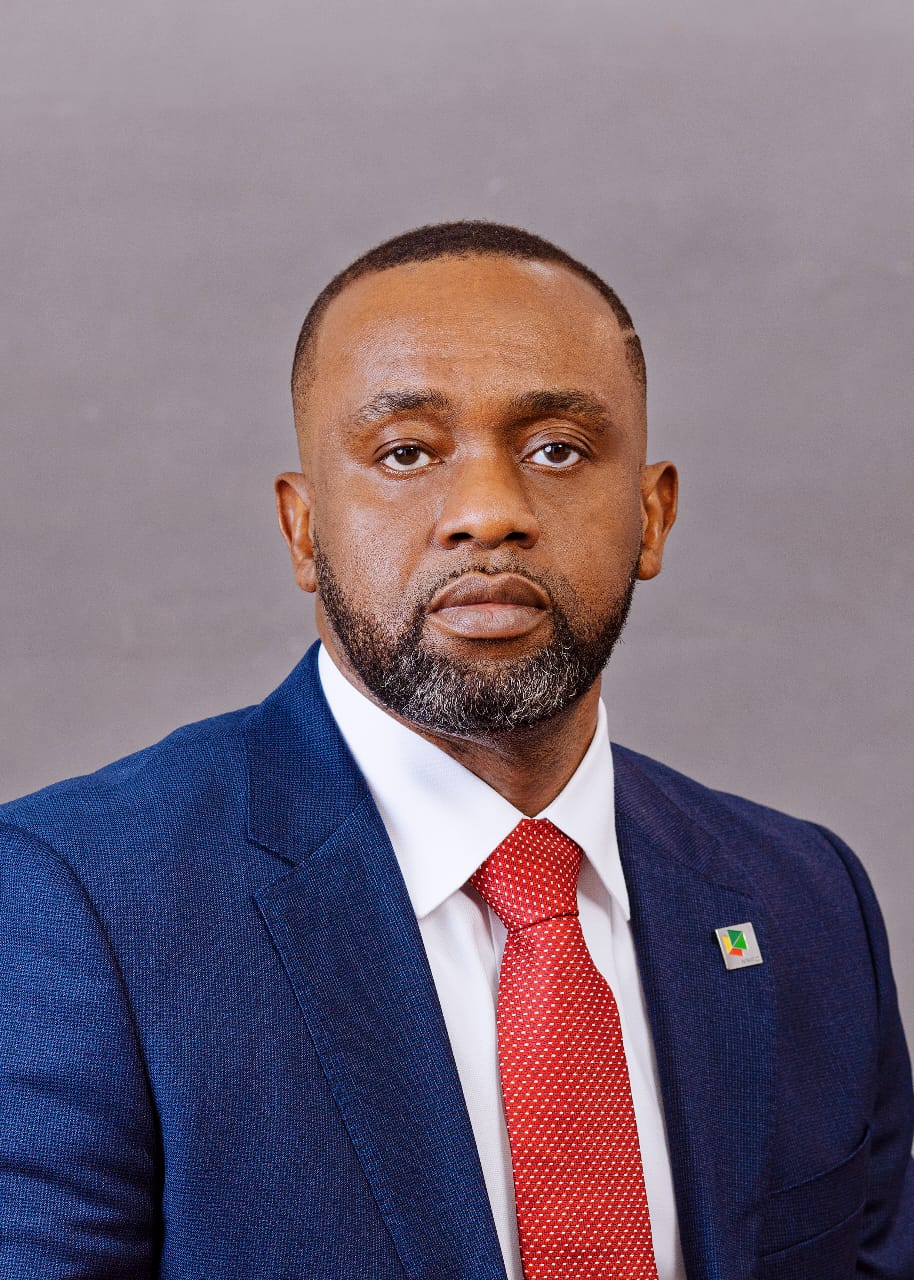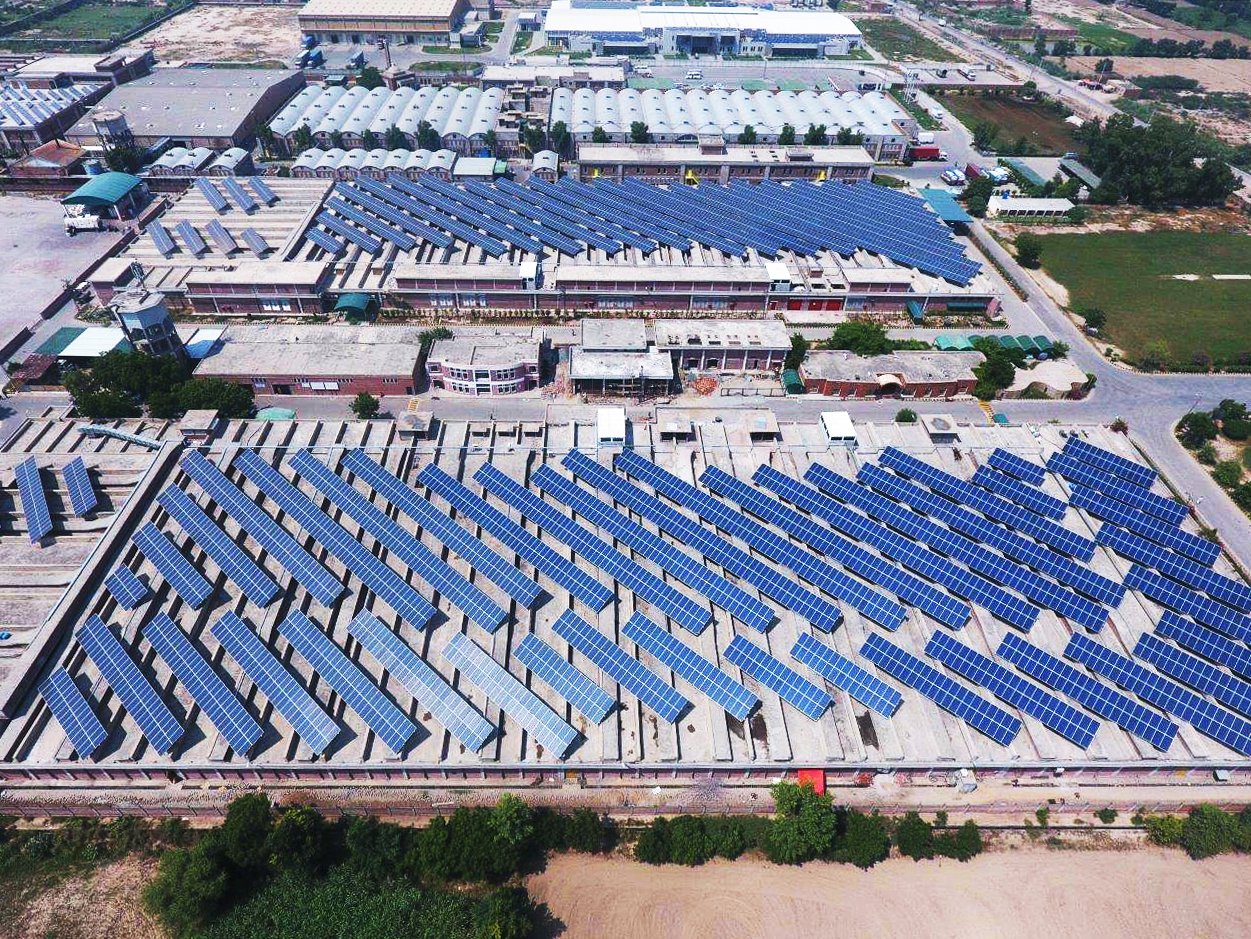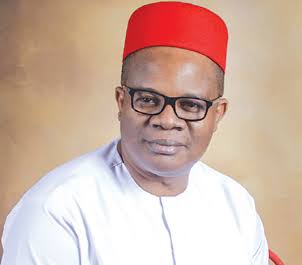TIMI OLUBIYI PhD

It is safe to say Nigeria’s economy has undergone transformations in recent times, characterised by overambitious reforms aimed at stabilising the macroeconomic environment. However, these changes have also introduced challenges that directly affect the daily lives of Nigerians.
As of March 2025, Nigeria’s annual inflation rate rose again to 24.23%, up from 23.18% in February 2025, even though it had reached a high of 34.8% in December 2024. Higher food prices and the cost of living primarily contribute to this increase. Additionally, petrol price has experienced a 488% increase from N175 in May 2023 at the resumption of the current administration to N1,030 in October 2024, even though it currently trades around N950. The removal of fuel subsidies and the devaluation of the Naira have further exacerbated inflationary pressures, leading to increased costs for imported goods and services.
The removal of the fuel subsidies has significantly increased operational expenses for businesses, leading to higher prices for goods and services. This situation has led to significant hardship, and it has also made it difficult for many Nigerians to sustain livelihoods, especially those in low-income brackets. No doubt the economic challenges continue to have profound effects on mental health, livelihood and well-being. This is in a country where the cost of medicines, in some cases, has risen significantly, with a more than tenfold increase in price.
Mental health is a big issue in all of these, and it is largely disregarded—it is the core of how we experience and navigate our daily activities. Whether in the workplace, market, family, or among friends, the current economic woes do affect our emotional and psychological well-being regardless. Mental health issues can affect anyone regardless of your age, gender, geography, income, social status, race, ethnicity, or religion. Mental illnesses are health disorders characterised by changes in feelings, thinking, or behaviour, or a combination thereof. Mental health issues may be linked to discomfort and/or difficulties in professional, social, or family functioning. It determines the quality of overall health, relationships, decisions, security and well-being.
The influence of mental health has become undeniably clear in the realms of business, family, and social life in Nigeria. In Lagos State, for instance, it is a high-pressured environment; many spend long hours to get to work, employers give unrealistic expectations, and job insecurity can create chronic stress, mental health issues and physical illness. Many can still remember the recent occurrence where some employees in Lagos State who work on the island and live on the mainland of the state experienced long hours in traffic that kept some on Lagos Island at 2am in traffic due to road closures and road maintenance. Such employees are more likely to experience depression or burnout, which can make them underperform. It may even lead to having some chronic issues around their mental health, even though many hardly accept this fact.
In fact, the World Health Organization estimates that depression and anxiety alone cost the global economy a lot. For employees, records have shown that symptoms of mental illness may include difficulty concentrating, absenteeism, emotional exhaustion, or a lack of motivation to even socialize. For entrepreneurs and executives, the stakes are different but equally significant. The loneliness at the top, coupled with financial and operational pressures, can lead to decision fatigue and emotional instability. At home, mental health is deeply integrated in attitudes of married couples and families it often leads to strain in communication and tension in the household, and it can lead to emotional withdrawal or even manifest in conflicts.
The high rate of unemployment and joblessness in our country can also contribute to mental health issues in households. However, a parent’s mental health condition significantly shapes the emotional environment in the home and how children grow up. Humans are social beings, and decent work can contribute to recovery, even though in Nigeria, like many parts in Africa, we fail to recognise the significant impact of mental health on businesses, families and social lives. More so our need for connection, acceptance, and belonging is deeply rooted in our psychological recognition that mental health is real.
Mental health shapes how we interact with others, and our social interactions, in turn, influence our mental health. So, when mental health is compromised therefore, the ability to form and maintain healthy relationships are also compromised. Depression can result in social withdrawal, anxiety can lead someone to avoid gatherings or become overly self-conscious, and trauma can lead to difficulty trusting others. As a result, people often find themselves isolated during their most vulnerable moments—when support is most needed. In all, a supportive family can be a powerful buffer against mental health struggles. Therefore, in my opinion, it is crucial to normalise mental health discussions in workplaces, families, and friendship groups to promote understanding and encourage self-care.
In the professional world, success is often measured by tangible outcomes: revenue, promotions, deadlines met, and goals achieved. But beneath the surface of performance metrics lies a crucial, often invisible factor—mental health. Because we are in a world that often prioritises and celebrates output over well-being, re-centering mental health is not just an act of care—it is more than important in the current dispensation for more work-life balance, longevity and a successful life. Good luck!
How may you obtain advice or further information on the article?
Dr. Timi Olubiyi, an entrepreneurship & business management expert with a Ph.D. in business administration from Babcock University, Nigeria. A prolific investment coach, author, seasoned scholar, Chartered Member of the Chartered Institute for Securities & Investment (CISI), and Securities & Exchange Commission (SEC)-registered capital market operator. He can be reached on the Twitter handle @drtimiolubiyi and via email: drtimiolubiyi@gmail.com, for any questions, reactions, and comments. The opinions expressed in this article are those of the author, Dr. Timi Olubiyi, and do not necessarily reflect the opinions of others.






